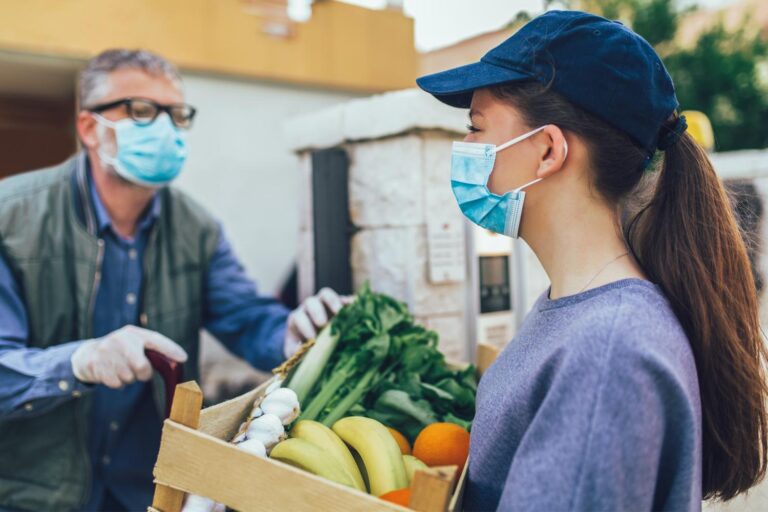Understanding Food Insecurity
Food insecurity is a critical issue that affects many communities across Canada, particularly among Indigenous populations. The lack of access to sufficient, safe, and nutritious food can lead to severe health issues, social discomfort, and chronic stress among individuals and families. This problem has deep historical roots tied to colonialism and systemic inequality.
The Impact of Colonial History
The impact of colonialism has created significant barriers for Indigenous communities when it comes to food security. Traditional food systems, which provided sustainable and healthy options, have been disrupted. These disruptions have not only affected the availability of food but also the cultural practices associated with hunting, fishing, and gathering.
Current Statistics and Situation
As of 2021, over 40% of Indigenous households reported experiencing food insecurity. This statistic is stark when compared to the national average, which is around 12%. Such disparities highlight the urgent need for targeted interventions to address these inequities.
Government and Community Responses
Various initiatives have emerged in response to the food insecurity crisis among Indigenous Canadians. Programs aimed at providing access to traditional foods and teaching sustainable food practices are gaining momentum. Collaboration between governments, Indigenous organizations, and non-profits is critical to ensuring the efficacy of these programs.
Role of Education and Awareness
Education plays a vital role in combating food insecurity in Indigenous communities. Increasing awareness about healthy eating and the importance of traditional diets can empower individuals to make better food choices. Community workshops and training sessions are essential for sharing knowledge and resources.
Case Studies of Successful Initiatives
Several successful programs have shown promising results in improving food security among Indigenous people. For instance, community gardens and hunting cooperatives not only provide access to fresh food but also help revitalize cultural practices. These initiatives foster a sense of community and reinforce traditional skills.
Looking Ahead
Addressing food insecurity among Indigenous peoples requires a multifaceted approach. Policymakers need to prioritize Indigenous rights and health, and communities must be involved in the decision-making processes. Long-term solutions will ultimately contribute to the health, well-being, and resilience of Indigenous communities.
Get Involved
Support for Indigenous-led initiatives is crucial in the fight against food insecurity. Individuals can become advocates, raise awareness, or contribute to local programs. For more detailed insights and statistics on this pressing issue, check out this link: Fighting Food Insecurity Among Indigenous Canadians.

